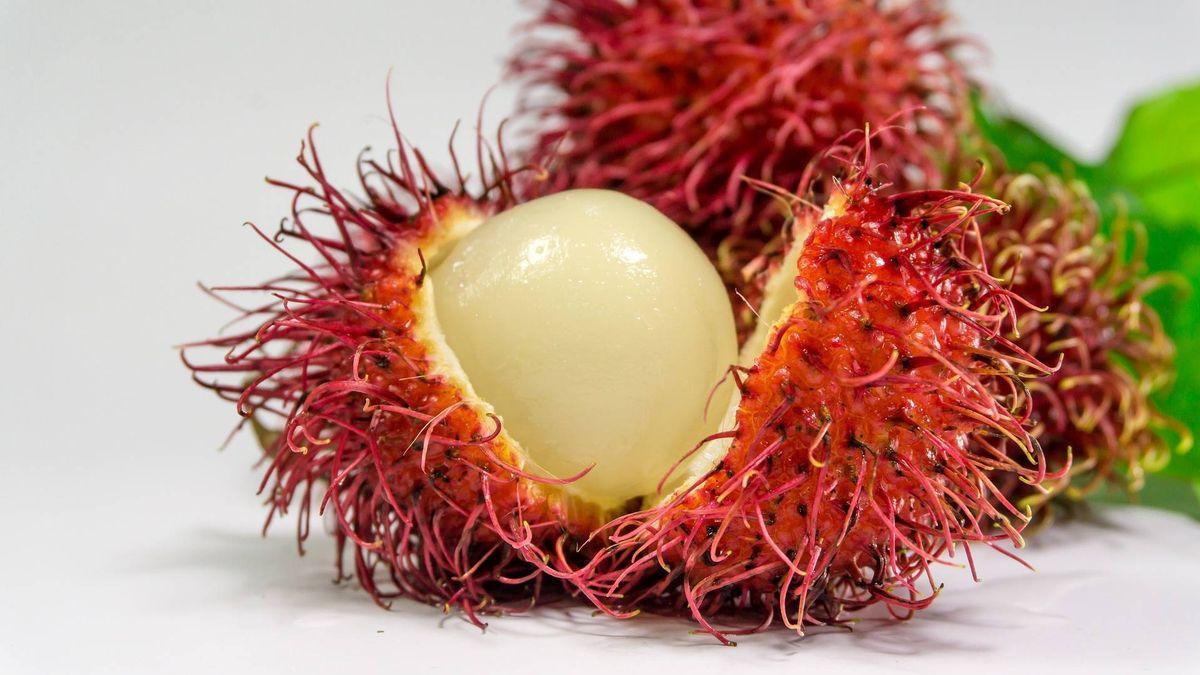ice | December 20, 2023
Intercultural health is emerging as a transformative approach to health care that integrates Western medical practices with indigenous traditional healing methods. This comprehensive system is gaining increasing importance in countries with indigenous populations. The latest ICEERS report provides an in-depth look at this concept, covering its historical, political, theoretical and practical aspects.
The report looks at examples of success, such as those in India and China, where traditional medicine has been effectively integrated into their healthcare systems. In addition, it presents practical cases and strategies implemented in Latin America, Africa and Oceania, with the aim of overcoming common challenges in incorporating indigenous and traditional medical practices into global health systems. The purpose of this guide is to analyze intercultural health proposals in countries with indigenous and traditional populations, identify obstacles and suggest strategies to improve the health of these communities.
Holistic healing approach
Building bridges between different knowledge systems is a key element of ICEERS’ work, especially with regard to medical knowledge related to the health of people, communities and territories. During our collaboration with allied organizations in regions such as the Amazon and Central Africa, we interact with people and communities who not only have specific wisdom about medicinal plants, but also have very developed traditional knowledge about health. In many of these areas, there is a strong desire to create comprehensive health centres, providing people and communities with access to the positive aspects of both the traditional indigenous system and the Western biomedical system.
Respectful integration of different models creates a rich dialogue that allows for a comprehensive understanding of health and well-being. Appreciating and integrating indigenous ancestral knowledge with the advancement of Western medicine can promote a more complete and respectful view of healing, recognizing the importance of cultural diversity and traditional knowledge in treating illness and maintaining health. This intercultural approach not only enriches medical practices, but also respects and preserves the heritage of indigenous peoples, and charts a future in which health and wisdom can coexist harmoniously.
With this focus on building bridges between different medical and cognitive systems, ICEERS has developed a new guide that explores recent advances in integrating traditional indigenous medicine with Western biomedicine. (The full report is available in Spanish, while the executive summary is available in English and Spanish.) the report Intercultural health: from theory to practice Highlights the importance of integration in improving health services. Likewise, it emphasizes how international conventions and declarations have contributed to the political and cultural recognition of indigenous medical practices.
Historical recognition and institutional frameworks
Indigenous traditional medicine has been stigmatized for many years, often described as superstitious or ineffective. However, international declarations such as the Alma Ata Declaration of 1978, ILO Convention No. 169 of 1989, and the United Nations Declaration on the Rights of Indigenous Peoples of 2007 have emphasized its importance. They emphasize the holistic nature of health and call for the integration of traditional medicine into formal health systems.
Some Latin American countries have taken important steps to integrate traditional medicine into their health systems. Each country has developed unique policies and institutions, recognizing the role of traditional practices in their national health systems. Africa has also made efforts to integrate these practices into public health care. Ghana, for example, has led this integration, integrating herbal medicine into its formal health system and launching academic programs to promote and regulate these initiatives.
Intercultural models of health
The practical application of intercultural health can be classified into three models:
- Intercultural Sensitivity Model: Traditional medicine has adapted to the social and cultural needs of indigenous patients without being integrated into the formal health system.
- Parallel cultural model: Traditional medicine is provided within the formal health system, but without integrating it with Western medicine.
- Integrated multicultural model: It represents a true unification of modern and traditional knowledge, with traditional and Western doctors working in collaboration.
Challenges and considerations for successful implementation
Implementing intercultural health projects comes with its own challenges, such as the dominance of biomedical perspectives, issues surrounding the standardization of herbal medicinals, difficulties in institutionalization, and the complexity of integrating traditional healers into formal health systems.
Implementing intercultural health projects comes with its own challenges, such as the dominance of biomedical perspectives, issues surrounding the standardization of herbal medicinals, difficulties in institutionalization, and the complexity of integrating traditional healers into formal health systems.
For a multicultural health model to be successful, some key factors must be taken into consideration:
- an exercise: Western health workers must be trained in traditional health systems and the historical context of discrimination against indigenous peoples.
- mediation: Formal health systems must develop effective mediation strategies between health professionals and indigenous patients.
- Comprehensiveness: Design primary health care based on a deep knowledge of the social, productive, ritual, familial and community context.
In models such as those adopted in Australia, coordination and recognition of traditional doctors is crucial. This includes the establishment of coordinating organisations, an accreditation process for traditional doctors, a public registry, simplified contracting processes and a database for monitoring interventions. (For more information on these challenges, see the report summary.)
Final thoughts
Intercultural health not only protects traditional practices but also improves overall health care outcomes. This approach requires a careful understanding of different healing traditions and a commitment to respecting and integrating these diverse knowledge systems. Adopting this multicultural perspective enriches medical practice. In addition, it honors and preserves the intangible heritage of indigenous peoples, promoting a future in which health and wisdom coexist harmoniously. The path towards an integrated, multicultural health system is complex, but at the same time it is a crucial element in ensuring equitable and effective health care for all, especially for the most disadvantaged people.
* References for this article can be found in the executive summary and full report.





